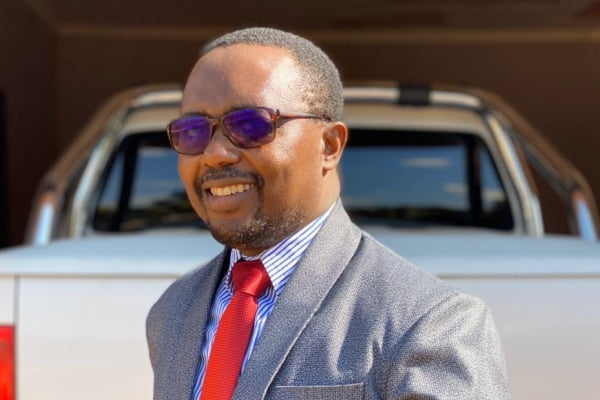The Chairman of the Portfolio Committee on Mines and Mining Development, Hon. Edmond Mkaratigwa has encouraged communities and investors to use legal channels to resolve conflicts or disputes whenever they feel their rights are being violated.
By Shantel Chisango
Commenting on the conflict between local miners at Dinde Community in Hwange and a Chinese company, Beifer Investments, Mkaratigwa said foreign investors must work with locals, be responsible and legal in approach while the community does the same in return.
“Communities have values and have to be upheld and in all instances. Investors need to be responsible and legal in approach while the community should also act legally and responsibly.” Mkaratigwa said.
The Honourable member of Parliament encouraged local miners to approach the Mines Committee through petitions whenever they feel that their rights are being violated by mining investors.
Mkaratigwa said that the increase in cases whereby foreigners and locals go head to head is the reason why the committee is hastening for the finalisation of the Mines and Minerals Amendment Bill.
“It is among these challenges that the Committee is itching for the finalisation of the Mines and Minerals Amendment Bill,” said Mkaratigwa.
Adding on, Mkaratigwa said land resources are important for the development of the country as peace is the key to any national development.
Dinde community members are locked in a stand-off with a Chinese investor over the latter’s proposed coal exploration operations within their community, with villagers fighting to stop the operations. Villagers argue that the Chinese investors are in breach of environmental and customary laws of the country as they have not produced any documents granting them permission to work in the area nor engaged the community for a social license.
Villagers expressed their fear that, should the project continue, they will be subjected to forced relocations while others will be exposed to air and water pollution of Nyantuwe River which provides drinking water for humans and livestock. Villagers also fear the loss of livelihoods and grazing land for their livestock, destruction of cultural heritage sites such as graveyards for the Nekatambe Chieftainship as well as contamination of ritual sites in that area.
According to Dinde Residents Association, from February 2019 to December 2019, a team of Chinese nationals toured the village without consulting or engaging locals. In December 2019, the same team brought some lightweight machinery and set up a camp behind one Emelia Mukombwe’s homestead within the village – where they intended to start drilling. Locals approached the Chinese, who failed to produce documents authorising them to explore the area. The Chinese intended to drill 13 holes in a straight line of a 1, 9-kilometre stretch without due care of what was in that path.
In a show of resistance, locals ordered them to leave and return with documents granting them permission to work in Dinde. Thereafter, the Chinese investors returned to Dinde with several officers from the Environmental Management Agency, Hwange Rural District Council, Traditional Leadership, Zimbabwe Republic Police, Zimbabwe National Army and a local miner, to coerce the villagers.
Dinde is home to thousands of Nambyas and Tongas with a preponderance of the Tonga who first settled in Whange district up to Victoria Falls right upstream of the Zambezi River between 300 AD and 400 AD. The Nambyas tracked in from Masvingo in the early 19th century. According to a local traditional leader’s narration, most people who settled in Dinde area were relocated from Sinamatela area in 1920 to pave way for a game reserve (Hwange National Park). The area has had five Chiefs since its establishment in 1920 and four of the chiefs who have passed on are buried near the site where the Chinese want to mine.
Additional information extracted from the CNRG website
.png)




